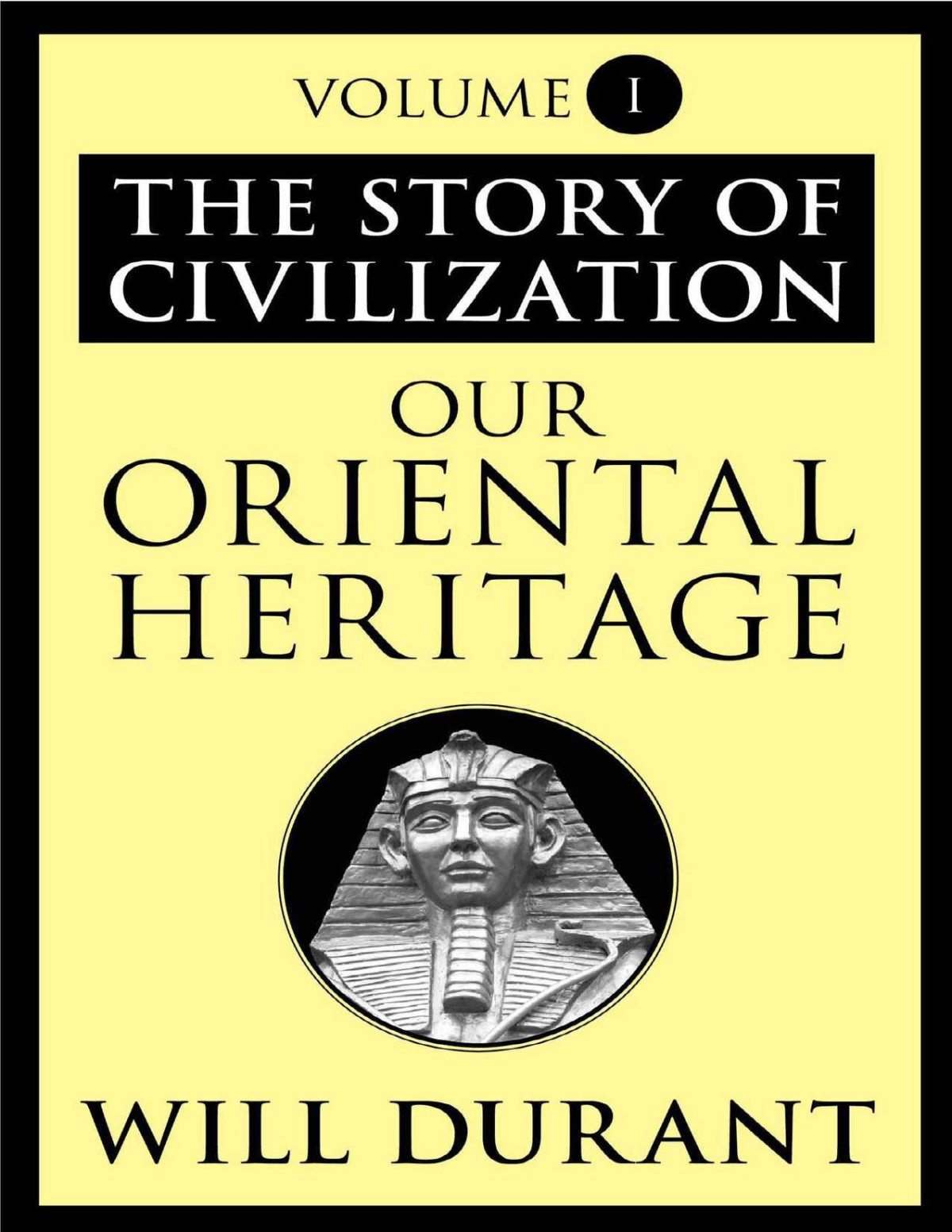

Most ebook files are in PDF format, so you can easily read them using various software such as Foxit Reader or directly on the Google Chrome browser.
Some ebook files are released by publishers in other formats such as .awz, .mobi, .epub, .fb2, etc. You may need to install specific software to read these formats on mobile/PC, such as Calibre.
Please read the tutorial at this link: https://ebookbell.com/faq
We offer FREE conversion to the popular formats you request; however, this may take some time. Therefore, right after payment, please email us, and we will try to provide the service as quickly as possible.
For some exceptional file formats or broken links (if any), please refrain from opening any disputes. Instead, email us first, and we will try to assist within a maximum of 6 hours.
EbookBell Team

0.0
0 reviewsassignment which I rashly laid upon myself some twenty years ago: to
write a history of civilization. I wish to tell as much as I can, in as little
space as I can, of the contributions that genius and labor have made to
the cultural heritage of mankind—to chronicle and contemplate, in their
causes, character and effects, the advances of invention, the varieties of
economic organization, the experiments in government, the aspirations
of religion, the mutations of morals and manners, the masterpieces of
literature, the development of science, the wisdom of philosophy, and
the achievements of art. I do not need to be told how absurd this
enterprise is, nor how immodest is its very conception; for many years
of effort have brought it to but a fifth of its completion, and have made it
clear that no one mind, and no single lifetime, can adequately compass
this task. Nevertheless I have dreamed that despite the many errors
inevitable in this undertaking, it may be of some use to those upon
whom the passion for philosophy has laid the compulsion to try to see
things whole, to pursue perspective, unity and understanding through
history in time, as well as to seek them through science in space.
I have long felt that our usual method of writing history in separate
longitudinal sections—economic history, political history, religious
history, the history of philosophy, the history of literature, the history of
science, the history of music, the history of art—does injustice to the
unity of human life; that history should be written collaterally as well as
lineally, synthetically as well as analytically; and that the ideal
historiography would seek to portray in each period the total complex
of a nation’s culture, institutions, adventures and ways. But the
accumulation of knowledg
…